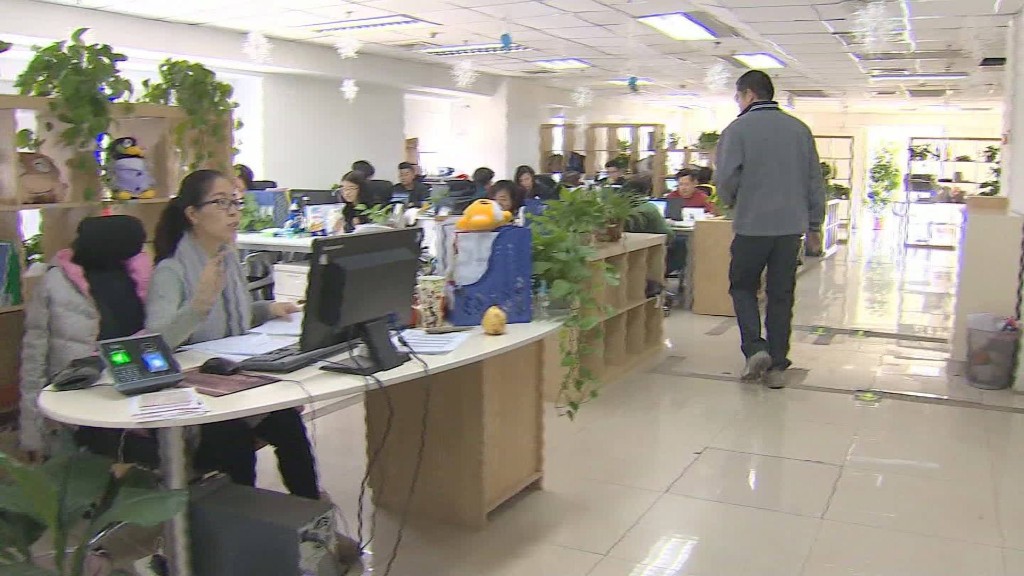
China's top Internet search company has been ordered to change the way it displays results after an investigation into the death of a student who relied on its services to look for cancer treatments.
China's cyberspace regulator ruled Monday that Baidu's search results are not clearly labeled, lack objectivity and heavily favor advertisers.
The Internet giant has until May 31 to change its search algorithm to ensure that results are based on credibility, and limit the size of advertisements to 30% of a results page. The company must also clean up its medical services ads and remove offers from unauthorized providers.
Baidu (BIDU) drew the attention of investigators after it was mentioned in a widely shared online post written in February by Wei Zexi, who was suffering a rare form of cancer.
Wei recounted that in a desperate move to save him, his parents had borrowed money and sought an experimental treatment at a military hospital in Beijing based on Baidu search results.
"Baidu, I didn't know how evil it is and how it ranks medical information based on a bidding process," he wrote. "We thought: Baidu, a top-ranked hospital ... everything must be legitimate."
After a failed treatment, Wei died less than two months later at the age of 22.
Related: Top Apple investor dumps stock over China fears
As word of his story spread, scathing attacks on Baidu multiplied, first across Chinese social networks and then in traditional media. Fury was directed in particular at the company's alleged advertising practices for medical services.
Baidu said Monday that it would comply with the cyberspace regulator's ruling. Working under the supervision of investigators, the company said it has reviewed all medical service and product providers and removed some 126 million promotional messages from its site.
"The tragic death of Zexi has caused a huge social impact and also deeply touched Baidu," the company's top search executive, Xiang Hailong, said in a statement. "It has prompted all of us to re-examine our responsibility as a search engine company."
A separate investigation into the hospital conducted by health authorities and the military found it had misled the public by illegally outsourcing services and publishing fake medical ads.
Related: China's PayPal rival is now worth $60 billion
But many Chinese Internet users have expressed anger that Baidu's search results allegedly blurred the line between a paid advertisement for the experimental treatment and more helpful information for Wei and his family.
Long frustrated by their government's blocking of Google (GOOGL) services, Chinese Internet users have portrayed Baidu as an unscrupulous business that thrived only because of China's extensive censorship system known as the Great Firewall.
Wei made a subtle point on access to Google in his post.
"A Chinese student in the United States helped me Google relevant information and contacted many hospitals there," he wrote after his treatment failed. "Only then did we find out that American hospitals had long stopped using the technology (used in the treatment) due to poor results in clinical trials."
Some analysts say that Baidu -- an Internet giant worth more than $60 billion -- makes for an easier public target than a complex web of murky entities in the Chinese healthcare sector.
But they also note that Baidu has been linked to similar controversies in the past and that it has many advertisers from the medical industry.
"Ad sales from China's medical service industry account for a big part of Baidu's total ad revenues," said Hong Bo, a prominent independent IT industry commentator. "I think it would be very difficult for them to give up on this huge amount of income."
Baidu doesn't disclose ad revenues by sector, but has said that health care was one of its "top revenue verticals" last year. Shares in the company have lost more than 10% over the past five trading sessions.

